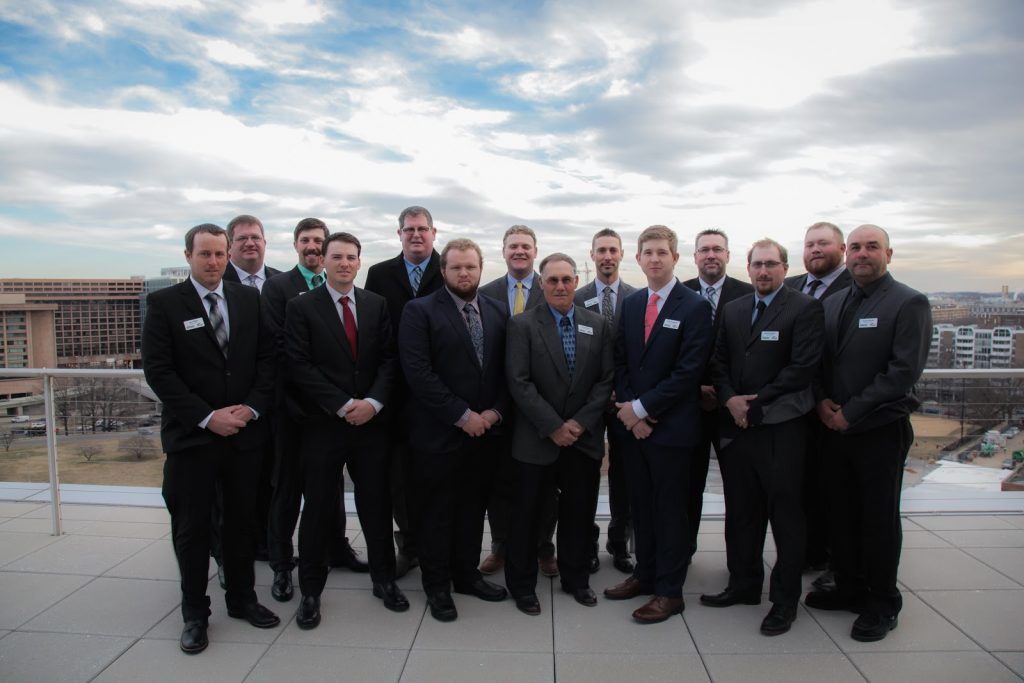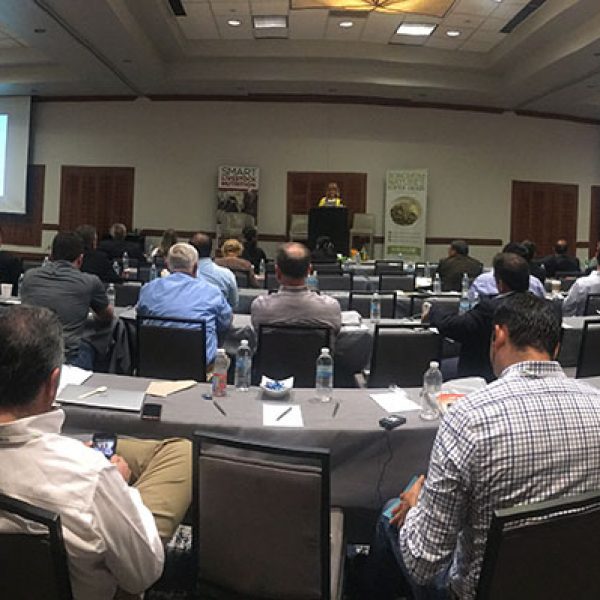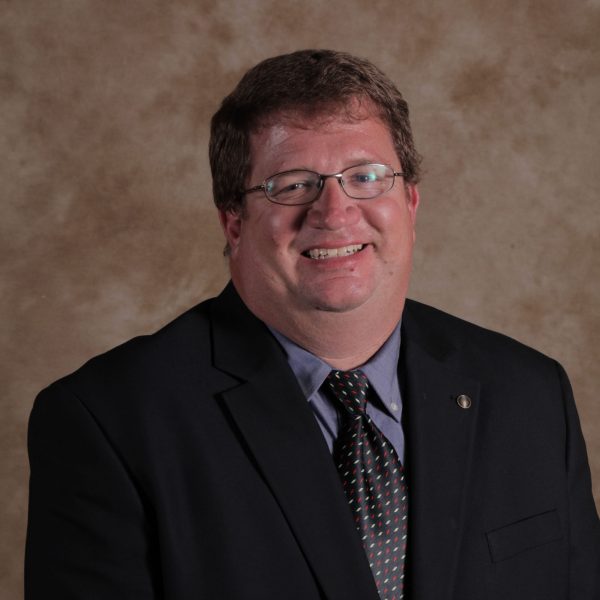Sorghum Farmers Graduate from Leadership Sorghum Class IV
Leadership Sorghum Class IV recently graduated 14 new leaders into the sorghum industry.

“We would like to congratulate each graduate of Class IV,” Sorghum Checkoff Executive Director Floretino Lopez, said. “We sincerely hope each graduate leaves this program equipped with the skills and knowledge to make a meaningful difference in agriculture, the sorghum industry, on their operations and in their communities.”
The 15-month Leadership Sorghum program concluded for Class IV with a graduation ceremony on Dec. 11 at the Sorghum Checkoff annual winter board meeting. The graduates each received a certificate of completion and photo book from USCP Chairwoman Verity Ulibarri to commemorate their time in the program.
Class IV graduate Dustin Borden said he has a broader understanding of the industry as a whole after graduating from the program. While reflecting on the past year and a half, he said the passionate people he met during their class’ travels had the greatest impact on him. From Kansas terminal ports to Capitol Hill and in every area of the industry, Borden said he interacted with individuals along the value chain who were rooting for sorghum.
“It really reinforces the fact that this is a great industry and the people that are out there advocating for the farmers are passionate and want the farmer to succeed,” Borden said. “You get to build a lot of great relationships with people in your class, program alumni and many more involved in the industry.”
The Leadership Sorghum program cultivates new leaders for the sorghum industry through its rigorous curriculum. Previous classes have gone on to represent the sorghum industry at local, state and national levels, which can in part be accredited to the resources gained throughout the program. The program is committed to developing the next generation of sorghum industry leaders and equipping graduates with skills and knowledge they need to successfully make an impact.
With a career in plant genomics at Kansas State University and a cow-calf operation in Manhattan, Kansas, Class IV graduate Matthew Davis came into the program eager to learn more about sorghum in livestock production and agronomy to improve his operation. Through cultivating relationships, listening more than speaking and having an open mind, Davis is now equipped to bring his knowledge back to the research side of the industry, as well.
“Being able to come in and interact with people heavily involved on the grain production side and seeing what their needs are really energized me,” Davis said. “It allows me to communicate their needs to my research colleagues and figure out what we can help with.”
Sorghum Checkoff Regional Director Shelee Padgett spearheads the Leadership Sorghum program and helps facilitate the five sessions. She has developed professional relationships with the graduates over the year and a half they have worked together and is excited to see what they will accomplish in the future.
“It has been so fulfilling to see each member in this class grow, learn and experience new things,” Padgett said. “Our goal is to equip them to be leaders and advocates for sorghum, taking their knowledge back to their communities and furthering the industry by becoming involved locally and nationally.”
Today, the Leadership Sorghum program has graduated 59 farmers from 13 different states with numerous alumni involved in state and national organizations.
If you are interested or know someone who would be a good candidate for Leadership Sorghum Class V, contact Shelee Padgett at shelee@sorghumcheckoff.com or visit sorghumcheckoff.com/our-farmers/leadership-sorghum/ for more information.
Leadership Sorghum is a program designed to foster the next generation of sorghum leaders. The program exposes members to various aspects of the sorghum industry from basic and applied research to international marketing. Through both hands-on and classroom-style education, participants gain an understanding of how sorghum moves through the value chain, how checkoffs and interest organizations interact on behalf of the industry and what the future holds for the crop. The program also provides professional development training and networking opportunities.




